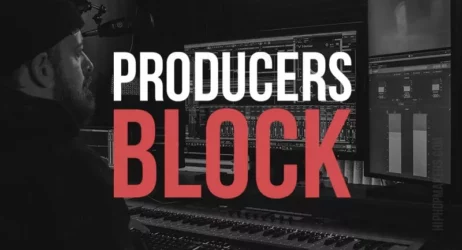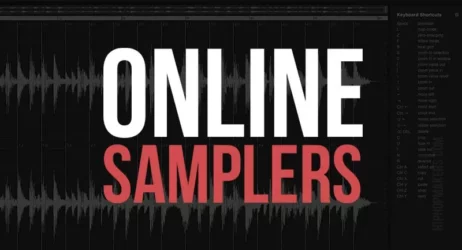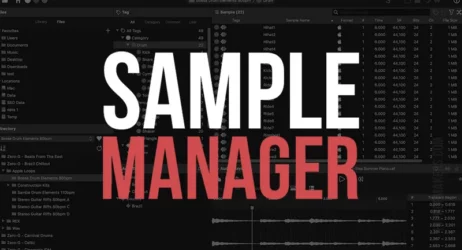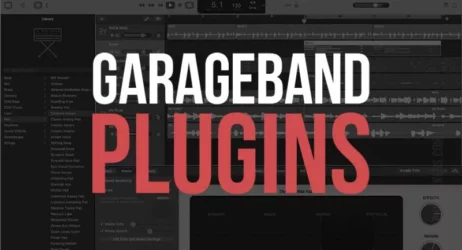This article will answer what is BPM in Music, its importance, how to find the bpm for a song, and other common questions.
What is BPM in Music?
BPM stands for Beats Per Minute. It is used to indicate the tempo of a piece of music. The higher the number of BPM a piece of music has, the smaller the amount of time between the successive beats, and thus faster the piece of music will be played.
- What is BPM in Music
- How Do You Know the BPM of a Song
- Is BPM the Same as Tempo
- What Is a Good BPM for Music
- What Does 100 BPM Mean in Music
- How Do You Read BPM
- How Do DJs Use BPM
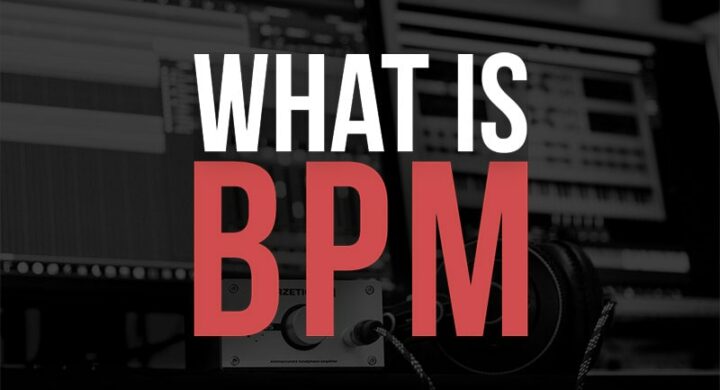
What is BPM in Music?
In music, we say the word tempo to refer to how fast a piece of music is being played, and the word BPM is the way to indicate the tempo.
A BPM of a piece of music is indicated by writing a note (like a whole note or a half note) followed by a number.
The tempo of a music piece helps measure how fast or slow beats are happening using the measurement of BPM or Beats Per Minute.
For example, if a song has a BPM of 100, then it means that in one minute, 100 beats will be happening in the song.
BPM is one of the most accurate ways in which the tempo of a song can be indicated. It gives the precise speed of your song, especially when you use a metronome.
A Metronome is a musical tool that produces a clicking sound at a regular time interval, and it helps you keep a consistent tempo.
Metronomes are helpful for musicians and music creators to help keep the rhythm and pace for a piece of music.
So when you set your metronome to a specific BPM number, it will tick off back and forth at the proper speed. In this way, when you play along with the metronome, you will be thus playing exactly at the right tempo.
Here’s the relation of BPM with the speed of a song:
- Faster Piece = Higher BPM
- Slower Piece = Lower BPM
The relation, as mentioned earlier, is that a piece of faster music will accommodate more beats of its music within a single minute compared to the slower piece of music.
In the 19th century, the mathematical tempo markings in BPM became popular. Rather than using the Beats Per Minute, some 20th-century composers mentioned the total playing time for a piece from which the performer could derive the tempo.
However, as modern electronics came about, the BPM became quite a precise measure. The sequencers of the music use the BPM to indicate the tempo.
How Do You Know the BPM of a Song?
To find out the BPM you have either two ways:
#1. Use Software
You can find the beats per minute calculator and tap in your beats. There are many websites, apps, and software that offer BPM calculators.
To use the calculator in many cases, the user is supposed to tap a button along with the song’s beat. The calculator then totals up the BPM based on the taps.
Recommended: 13 Free Online BPM Finders
#2. Use A Stopwatch
The first thing that needs to be done to determine the BPM of a song is to identify the time signature of a song. Using the time signature, we can know how many beats are there in each measure.
Once we have found the time signature of a song, it is easy to calculate the BPM by counting the number of bars (or measures) that go by in a minute.
You can start a song and a stopwatch at the same time. Then, you have to make a mark for every full measure that you hear every 30 seconds.
After that, you are supposed to multiply the number of measures you get by the number of beats in each measure.
At last double, the result you get after all the process and thus you will get the BPM.
Let’s say that you heard 12 measures passing by and the song you heard has 3 beats in each measure. So the number of beats in 30 seconds would be 36.
Now you have to double the result, which means you have to multiply the result by 2 to get the beats per minute. Here 36 multiplied by 2 will give 72, which will be nothing but the BPM of the song.
Is BPM the Same as Tempo?
BPM refers to the number of beats happening in a minute. At the same time, the tempo means the speed of a piece.
BPM is the music measurement used to indicate the tempo of a piece. On the other hand, the tempo is the concept which tells about the speed of the piece.
What Is a Good BPM for Music?
The style (or genre) of music is determined based on several factors, one of which is the song’s tempo.
Here are tempo ranges for some genres of music:
| Dub: | 60-90 bpm |
| Hip-hop: | 60-100 bpm |
| House: | 115-130 bpm |
| Techno/trance: | 120-140 bpm |
| Dubstep: | 135-145 bpm |
| Drum and bass: | 160-180 bpm |
Source
So what BPM will be good? The tempo of the music will mainly depend on the genre of music you want to create.
What Does 100 BPM Mean in Music?
100 BPM means that 100 beats would happen in the song within the time period of 1 minute. BPM refers to Beats Per Minute. So whichever number of BPM is given, that many beats will be occurring in a minute.
Note that the beat is determined by the time signature of the piece of music. So a 100 BPM in a 4/4 will mean that 100 quarter notes in one minute.
How Do You Read BPM?
The term BPM which means Beats Per Minute, is quite self-explanatory. So a tempo is notated at 120 BPM, then it means 120 beats will be happening in 1 minute. On the other hand, if a tempo is notated at 60 BPM, 60 beats will occur in one minute.
How Do DJs Use BPM?
Finding out the tempo of a song is especially crucial for DJs. The DJs have to seamlessly blend the end of one song into the starting of another song without any awkward or jerky transition.
To do a mashup successfully, it is vital to know the BPM of each song. For the purpose of beat matching, accurate knowledge of a tune’s BPM is essential to the DJs.
Related: How to Become a DJ
Summary of BPMs in Music
BPM or Beats Per Minute indicates the speed and tempo of a piece of music. BPM refers to the amount of time between successive beats in a piece of music, and the higher the BPM, the faster the piece of music will be played.
I hope you found this information on what is BPM helpful.
If we missed anything, please share it in the comments.

